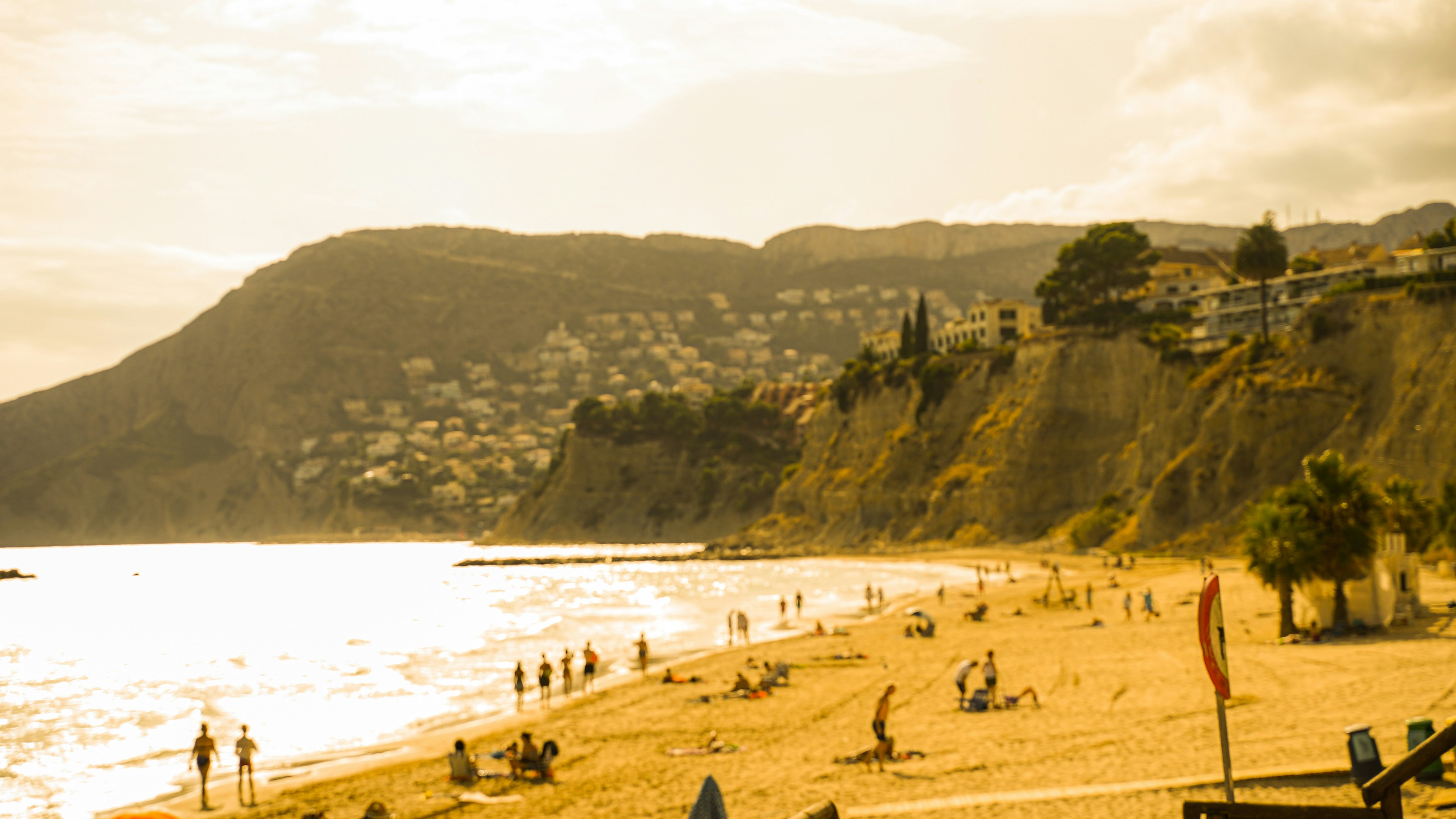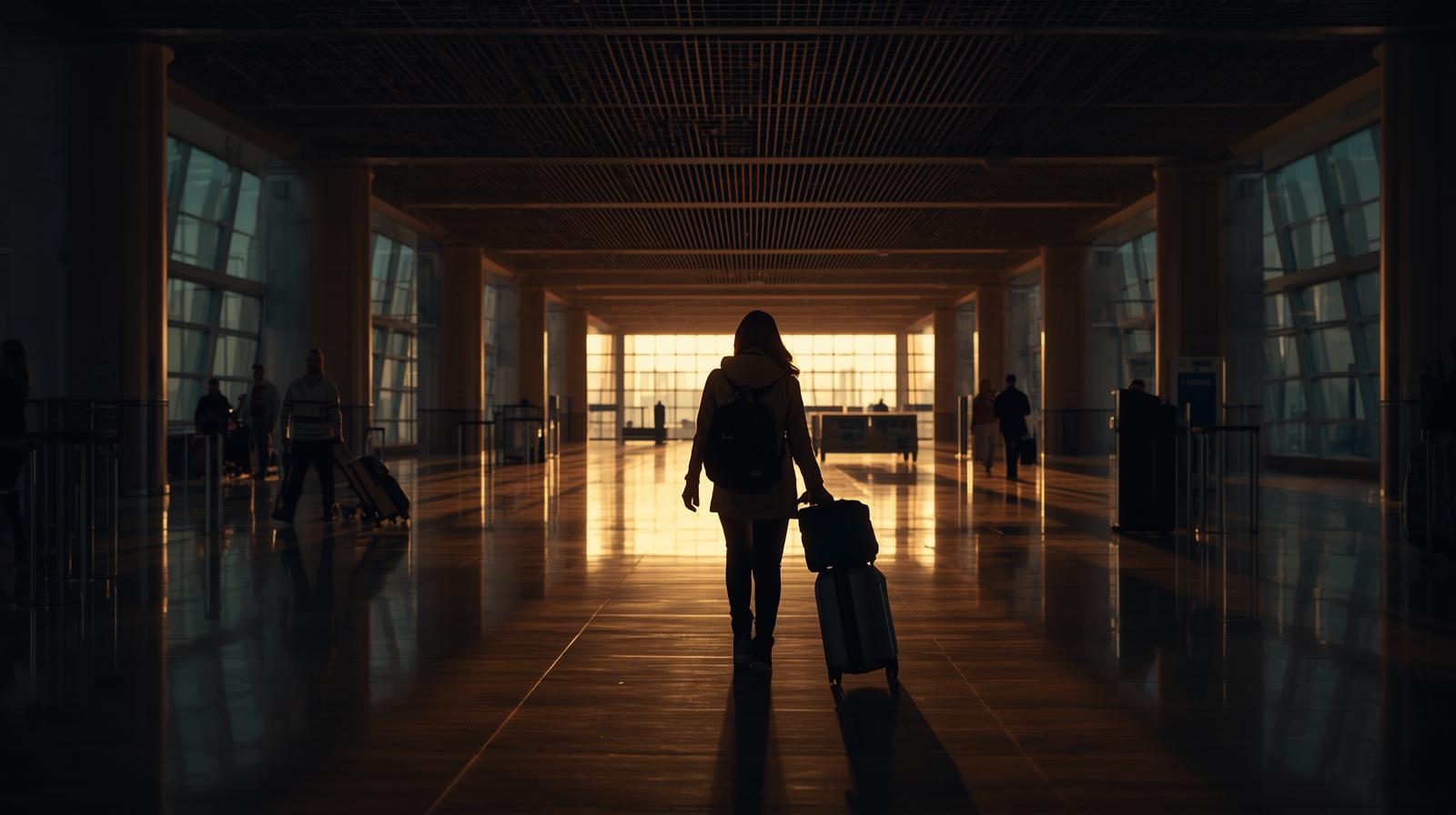
Thinking about getting somewhere sunny in Portugal? Want somewhere in the Algarve to add to your investment portfolio?
It’s always exciting to make plans to leave the UK for somewhere pretty, but there is always some level of bureaucracy involved – in this case, it’s the Portuguese tourist tax. You’re not there just as a visitor, but the rules around tourist tax still matter for anyone staying, even if you’re also thinking long term.
So throughout this article, we’ll be exploring:
In short, it’s a municipal tourist tax, which is also known as a city tax. It’s charged per person per night in paid accommodations.
Local municipalities have introduced this new tourist tax so they can create revenue and improve the local infrastructure – this extends to anything from cultural heritage sites and transport links to or services that keep towns liveable as visitor numbers rise.
Even if you’re planning to buy a home and stay longer, if you’re renting or staying short term while sorting things, you’ll still encounter this. It’s a small fee but one that shows you how local regulations operate – and often influence property decisions.
Rates vary but usually fall between €1 and €4 per person per night, capped at seven consecutive nights in most places.
And yes, caravan parks and campsites can fall under this – Algarve municipalities often include them as local accommodation required to collect the tax.
Here’s where nuance matters: it’s paid by visitors staying in overnight accommodations. While home buyers aren’t technically tourists, if you’re renting while finalising a purchase – especially through booking platforms – you’ll likely pay the tourist tax until you’re officially a resident.
That said, there are still some exemptions, such as:
You typically pay a tourist tax at check-in or check-out. Accommodation providers – hotels, luxury hotels, guesthouses, campsites – collect it as part of your accommodation bill.
If you book through an online platform, the tax details may already be included or clearly listed at checkout. Remember to sign up for Upscore’s Finance Passport if you need help finding a property in Portugal!
It’s rarely a surprise, though sometimes the one-off fee feels odd – like, “just for being here? alright.” But it helps fund local services and tends to support cultural heritage and planning for high-season strain.
This tax is more than just income, as it’s more of a way for the Portuguese government to shape growth. And all the revenue generated just goes toward sustaining what makes the various destinations in Portugal so attractive to begin with, while also helping avoid the issues that come with overtourism.
In Lisbon, doubling the tax was linked to a steep rise in visitor numbers – overnight stays jumped 6.4%, tourism grew 7% in early 2024 – so funds were directed into local improvement plans.
In Algarve hotspots like Albufeira, where 10% of Portugal’s 20 million overnight stays occur, the local tourist tax has raised millions – €2 million+ revenue for Albufeira alone.
If you’re exploring neighborhoods, we’d always recommend that you stay in some local accommodation before settling in anywhere, so you have an idea of the local area.
Furthermore, being aware of the regional tax helps you budget more accurately. It’s not part of purchase costs, but it’s part of life logistics when in transition.
If you’re considering sustainable growth of your new home area, there’s something satisfying about knowing that small tax payments go back into things like roads or preserving the character of the town you’ve settled in.
But keep in mind that if you rent long enough in tourist-heavy areas, those city tax amounts – while modest – can become noticeable.
If you’ve become a resident and are staying in your own home, the tourist tax generally stops.
If you’re exempt from paying due to factors like medical reasons or disability, local rules usually apply individually.
Caravan parks and some camping sites may adjust or even just omit the charger altogether – check with the provider.
Remember that you’re looking at Portugal not as a holidaymaker but as someone embedding part of your life there. That means these small taxes aren’t just tiny stumbling blocks. They’re part of how cities grow thoughtfully – or not.
If a place’s municipal authorities manage things well, a few euros a night helps keep it that way. If not, you feel it in traffic and in the soul of whatever region you’re staying in. It’s just not the same!
So knowing about the Portugal tourist tax – everything from how it’s paid and what the tax rate is to how long it applies (like up to seven nights, or one-off fee for cruise visitors) – is just smart planning. Particularly in regions like the Algarve region, with its packed summers, or Lisbon, with rising prices and rising crowds.
Are you struggling with all the documents and tax details on your own while planning a move here? Upscore’s Finance Passport can help keep your temporary stays and receipts tidy!

If you’ve recently moved to France or are planning a move, you’ll find car ownership here definitely has a bit...
Read More

Spain actually boasts more Blue Flag beaches than any other country in the world – 642 at the last count...
Read More

Weighing up the idea of moving to the United Arab Emirates? Maybe Dubai, maybe Abu Dhabi, or one of the...
Read More